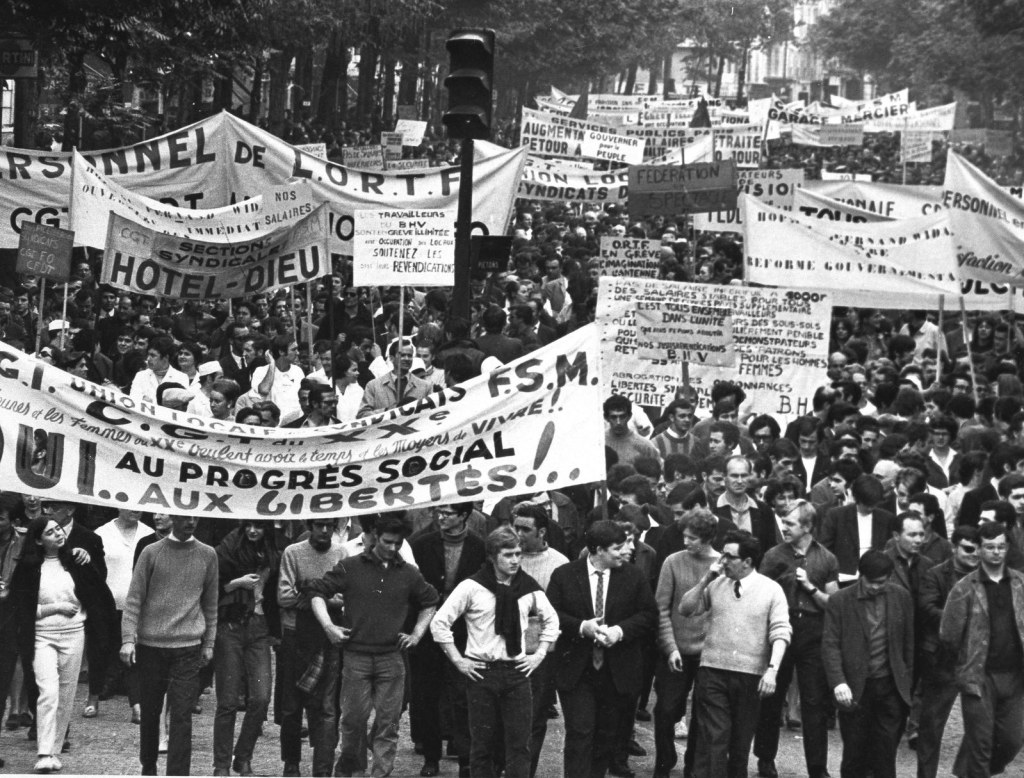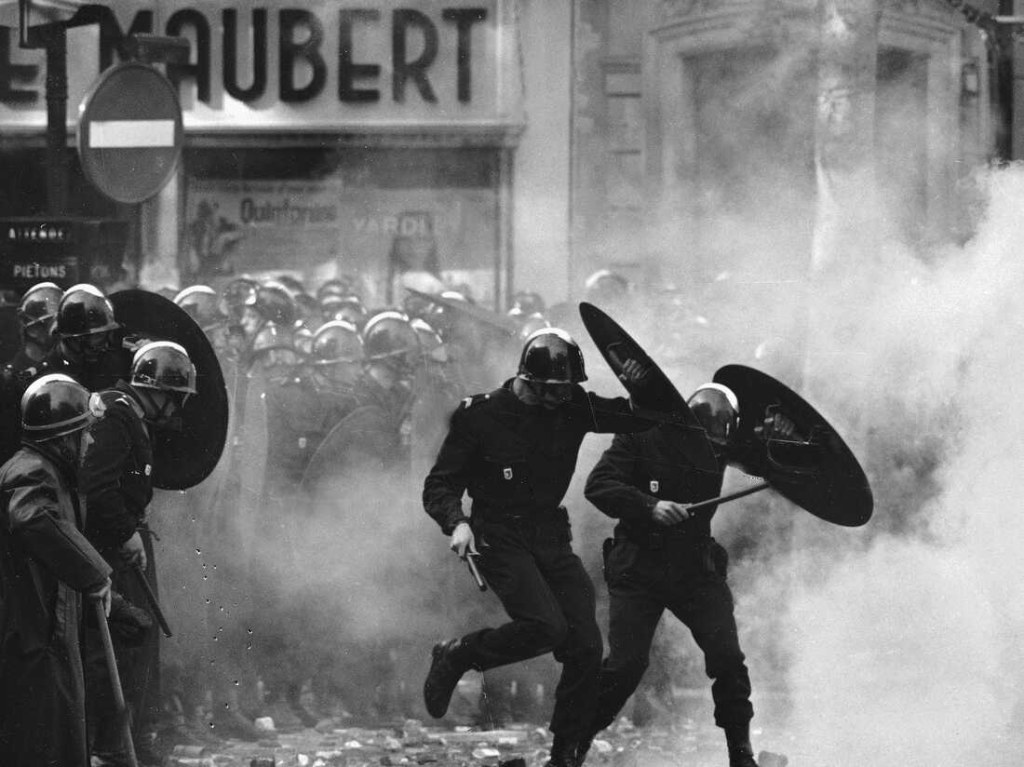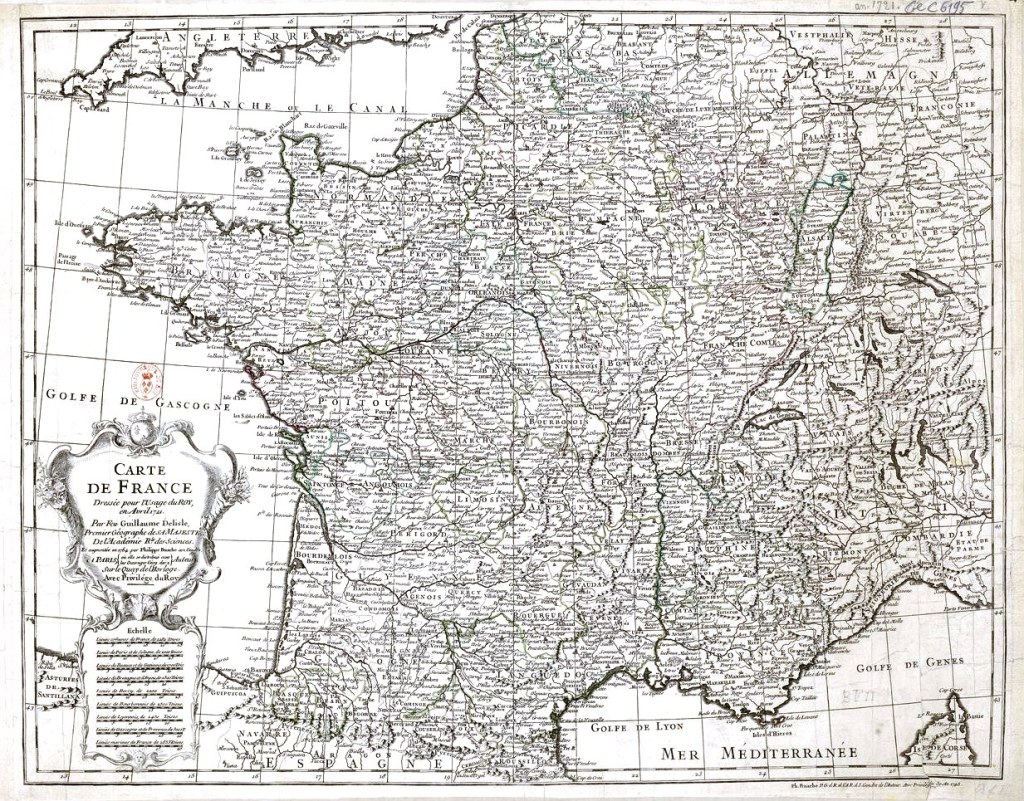French Politics in the 1960s: A Look Back at a Pivotal Decade
Greetings, Readers!
The 1960s were a transformative period in French politics, marked by significant social and political changes. In this article, we will delve into the key events, influential figures, and important policies that shaped French politics during this pivotal decade.
Overview
The 1960s witnessed a shift in French politics, characterized by a growing desire for social and cultural change. It was a time of political upheaval, with widespread protests and student movements challenging the status quo. Furthermore, decolonization efforts and the impact of the Cold War also influenced the French political landscape.
Now, let’s take a closer look at the key aspects of French politics in the 1960s.
The What: Major Events and Reforms
During the 1960s, France experienced several significant events and reforms that shaped its political landscape. One of the most notable events was the May 1968 protests, which started as a student movement and quickly escalated into a nationwide strike that paralyzed the country. The protests called for increased workers’ rights, greater democracy, and an end to the Vietnam War.

Image Source: cdn-si-edu.com
Another important reform during this period was the modernization of French society, driven by President Charles de Gaulle’s policies. De Gaulle aimed to strengthen France’s position on the world stage and implemented reforms such as the decentralization of power, economic liberalization, and the establishment of regional planning agencies.
The Who: Influential Political Figures
Several influential figures played crucial roles in shaping French politics during the 1960s. One of the most prominent figures was Charles de Gaulle, who served as the President of France from 1959 to 1969. De Gaulle’s leadership style and vision for France’s future had a profound impact on the country’s political landscape.
Another key political figure was Georges Pompidou, who succeeded de Gaulle as President in 1969. Pompidou continued de Gaulle’s policies and focused on economic development, modernization, and strengthening France’s ties with other European nations.
The When: Timeline of Key Events
Let’s take a journey through the timeline of key events that shaped French politics in the 1960s:
1960

Image Source: npr.org
– Algerian War ends, leading to Algerian independence.
– France becomes a founding member of the European Free Trade Association (EFTA).
1962
– French President Charles de Gaulle survives an assassination attempt.

Image Source: wikimedia.org
– Evian Accords are signed, ending the Algerian War.
1965
– Charles de Gaulle is re-elected as President of France.
1968
– May 1968 protests erupt in France.
– Charles de Gaulle dissolves the National Assembly and calls for new elections.
The Where: French Political Landscape
The political landscape in France during the 1960s was a complex web of ideologies and parties. The two major political parties at the time were the Gaullist party, which supported de Gaulle’s policies, and the French Communist Party (PCF). Additionally, there were several smaller parties and independent politicians that shaped the political discourse.
The Why: Factors Influencing French Politics
There were several factors that influenced French politics during the 1960s. One of the most significant factors was the aftermath of World War II and the decolonization process. France had to grapple with the consequences of its colonial past, leading to debates on national identity, multiculturalism, and foreign policy.
The global geopolitical landscape, particularly the Cold War, also played a role in shaping French politics. France’s position as a major European power and its nuclear capabilities made it a key player in international affairs.
The How: Political Strategies and Movements
Political strategies and movements in the 1960s varied widely, reflecting the diversity of opinions and ideologies. The May 1968 protests, for example, showcased the power of grassroots movements and civil disobedience. Other political strategies included legislative reforms, party politics, and diplomatic negotiations on the international stage.
Advantages and Disadvantages of French Politics in the 1960s
Advantages:
Modernization and economic growth
Increased focus on regional development
Strengthening of France’s position on the world stage
Disadvantages:
Social unrest and political instability
Divisions within French society
Challenges in navigating decolonization
Frequently Asked Questions (FAQ)
1. What were the main goals of the May 1968 protests?
The main goals of the May 1968 protests were to demand greater workers’ rights, increased democracy, and an end to the Vietnam War.
2. How did Charles de Gaulle’s leadership shape French politics in the 1960s?
Charles de Gaulle’s leadership style and policies, including the decentralization of power and economic liberalization, had a significant impact on French politics in the 1960s.
3. What were the key reforms implemented by President Charles de Gaulle?
President Charles de Gaulle implemented reforms such as the decentralization of power, economic liberalization, and the establishment of regional planning agencies.
4. What were the major political parties in France during the 1960s?
The two major political parties in France during the 1960s were the Gaullist party, which supported de Gaulle’s policies, and the French Communist Party (PCF).
5. How did the Cold War impact French politics in the 1960s?
The Cold War and France’s position as a major European power with nuclear capabilities influenced its politics, shaping its foreign policy and international relations.
Conclusion: Reflecting on the Legacy of French Politics in the 1960s
The 1960s were a transformative period in French politics, marked by social change, political movements, and significant reforms. The legacy of this decade continues to shape French society and politics to this day. As we look back on the events and figures that defined this era, it is crucial to understand the complexities and nuances of French politics in the 1960s.
We hope this article has provided you with valuable insights into the fascinating world of French politics during this pivotal decade.
Thank you for joining us on this journey!
Final Remarks: A Note of Caution
While we strive to provide accurate and up-to-date information, it’s important to note that historical events and interpretations may vary. This article offers a general overview of French politics in the 1960s, but further research and consultation of additional sources are always encouraged for a comprehensive understanding of the topic.